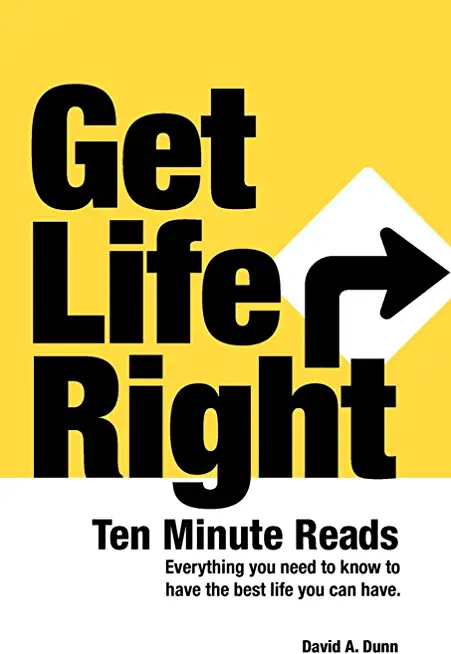
Wiest, Brianna
Tu montaña es el obstáculo entre tú y la vida que
quieres vivir. Enfrentarlo también es el único camino hacia tu libertad y conversión [...] Tal vez sabes qué es tu montaña. Quizás es la adicción, el peso, las relaciones, los trabajos, la motivación o el dinero. Quizá no lo sabes. A lo mejor es una vaga sensación de ansiedad, baja autoestima, miedo o un descontento general que parece impregnar todo lo demás .
Brianna Wiest
Las montañas simbolizan los grandes desafÃos que enfrentamos, en especial aquellos que parecen imposibles de superar. Para conquistar la cumbre es necesario aprender a identificar y cambiar las conductas que nos llevan al autosabotaje.
Por medio del conocimiento y la aceptación de nuestros hábitos más dañinos, el desarrollo de inteligencia emocional, la liberación de experiencias pasadas a nivel celular y el aprendizaje de actuar como nuestro yo del futuro podemos abrir nuestro propio camino hacia cualquier cima. Al final, la montaña no se moverá, seremos nosotros quienes lograremos conquistarla.
ENGLISH DESCRIPTION
This is a book about self-sabotage. Why we do it, when we do it, and how to stop doing it--for good. Coexisting but conflicting needs create self-sabotaging behaviors. This is why we resist efforts to change, often until they feel completely futile. But by extracting crucial insight from our most damaging habits, building emotional intelligence by better understanding our brains and bodies, releasing past experiences at a cellular level, and learning to act as our highest potential future selves, we can step out of our own way and into our potential. For centuries, the mountain has been used as a metaphor for the big challenges we face, especially ones that seem impossible to overcome. To scale our mountains, we actually have to do the deep internal work of excavating trauma, building resilience, and adjusting how we show up for the climb. In the end, it is not the mountain we master, but ourselves.







